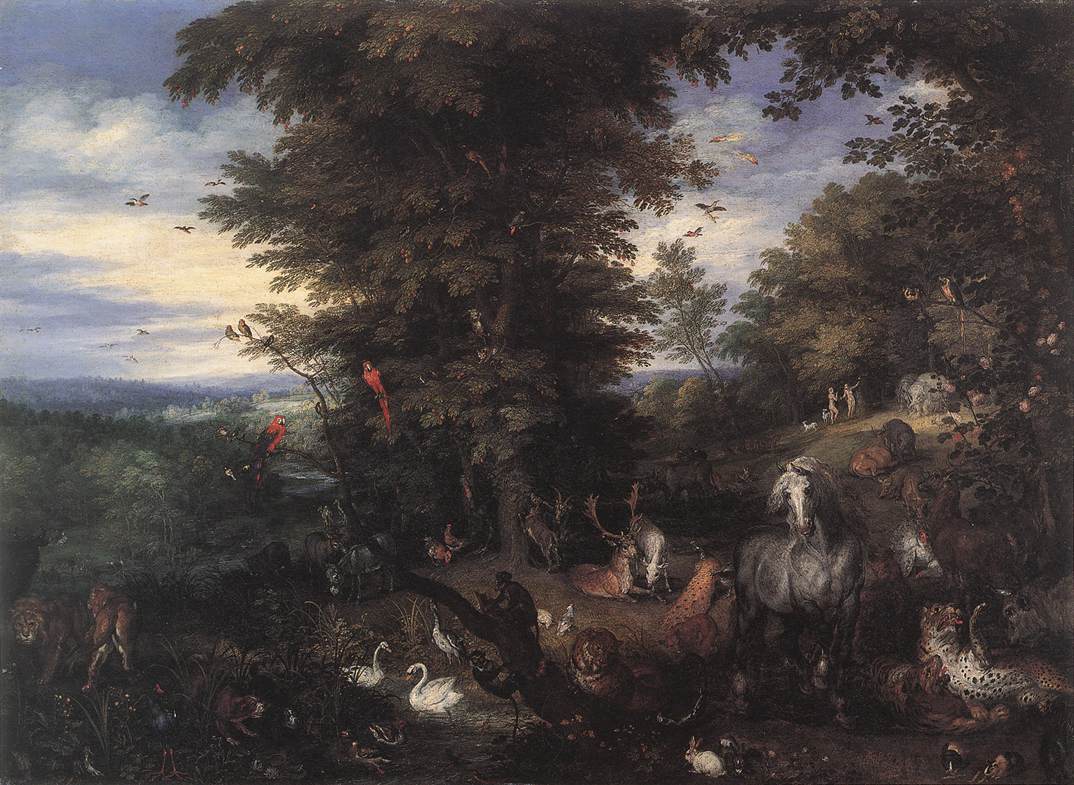zoeenglishministry
Puritan Board Freshman
While preparing a study for CoW, the following curiosity caught my attention: had Adam successfully fulfilled the stipulations of the covenant, what would be the eschatological implications? Would there still be a need for a "new heavens and new earth"? It's a been a while since seminary and I don't remember ever covering this issue ...

